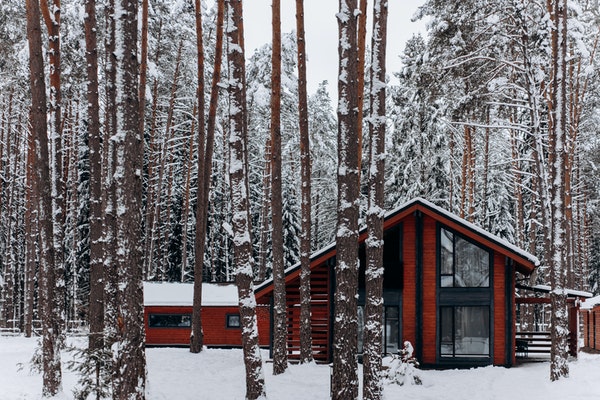It’s starting to get quite cold in many parts of the country. If you are feeling winter coming, you may also be remembering the cost of heating your home or apartment. While this is a definite expense, for most people, it changes each month. Budgeting for this can be tricky. Here are some budgeting tips as well as ways to reduce heating costs this winter.
How to Budget for Increasing Heating Costs
Basically, no matter how you heat your home, costs will be increasing as winter moves forward. The colder it gets, the more money it takes to maintain a livable or comfortable temperature. This can make budgeting tough, especially if you are trying to make progress on debt management too. However, there are a few ways to manage this changing expense.
- Build up a buffer. Put aside extra money each month prior to the winter. This way, you can budget a reasonable amount and have extra money earmarked for the increases.
- Budget based on past years. A common practice is to look at the previous year’s billings and budget the same amount for each corresponding month. Money will probably be shifted from discretionary budget categories to cover the extra costs.
- Work with the utility company. Some utility companies have programs that help families pay the same amount of money each month rather than dealing with variable costs. Additionally, there are usually ways to get a free home energy audit, rebates or other green incentives to reduce heating costs. Talk with your landlord to see if they will invest a bit in the property or arrange for the free services. These improvements increase the value and function of the rental unit.
The worst thing to do is ignore the rising costs. The money won’t materialize out of nowhere. You have to take a few steps towards balancing the budget before it can get out of hand.
Ways to Reduce Heating Costs
There are many DIY home projects to get more efficiency out of your home. First, do whatever you can to keep warm air from escaping and cold air from getting in.
- Seal Openings – Replace old weather stripping and adjust thresholds around doors so they seal shut completely. Caulk exterior windows and fill cracks or openings around pipes or cables with foam insulation.
- Weatherize Windows From the Inside – Locking windows shut is a good start, but using plastic film to cover the opening completely will ensure the hot air doesn’t get out. This film is cheap and easy to remove in the spring.
- Seal Air Ducts – AC and heating systems can form leaks over time. Use duct tape for it’s intended purpose by sealing cracks or gaps found in the seams or corners of duct work in your attic and basement.
Next, do what you can to limit turning on the heat so you’ll have more money left for paying off debt.
- Bundle Up – The easiest way to save on heating costs is to insulate yourself. Put on an extra sweater, some slippers, and your cozy pants. Leave the heat off and snuggle up to your family members with blankets instead.
- Close Doors and Vents – Limit the space you heat to just the necessary rooms. Close doors and vents in unused rooms that don’t need to be kept warm.
- Space Heaters – Using a space heater when you’re going to be in one spot for a while is more efficient than heating the whole house. Be careful not to leave them plugged in unattended when you leave the house.
A combination of weatherizing your home and conserving heat when possible could save hundreds on your energy or gas bills over the winter. Plus, getting cozy with your loved ones is a lot more fun than attending financial counseling because you went over budget on home heating costs!
If you’re struggling to pay off debt, ACCC can help. Schedule a free credit counseling session with ACCC today






